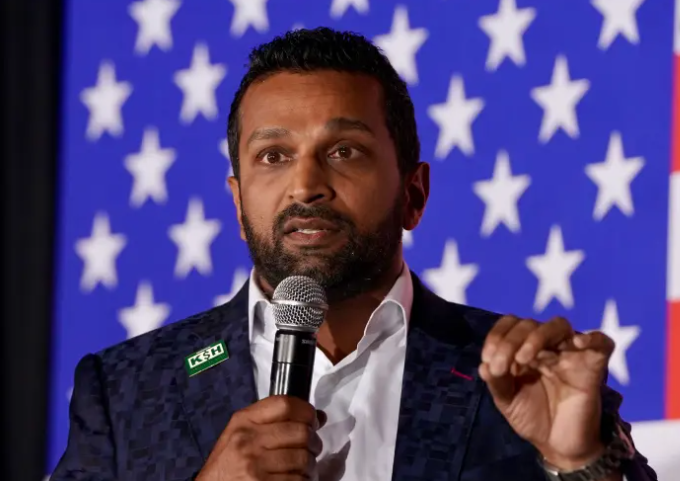President-elect Donald Trump has nominated Kash Patel, a seasoned attorney and longtime ally, to serve as the next Director of the Federal Bureau of Investigation (FBI). Patel, 44, is widely known for his expertise in national security, counterterrorism, and intelligence, as well as his role in exposing what Trump has called the “Russia Hoax” during his first term.
A Vision for Reform
Trump praised Patel as a “brilliant lawyer and investigator,” describing him as someone committed to truth and transparency. Patel’s nomination aligns with Trump’s broader efforts to reform government institutions, particularly in addressing allegations of political bias and restoring public trust in federal law enforcement.
Patel has outlined bold plans for the FBI, including potentially downsizing the agency’s operations and closing its Washington, D.C., headquarters. He has argued that such changes are necessary to refocus the FBI on its original mission of protecting national security and upholding the law without political influence.
Patel’s Background
Patel’s career includes serving as a senior advisor to the acting Director of National Intelligence and as chief of staff to the acting U.S. Secretary of Defense during Trump’s first term. His legal and investigative work has earned him a reputation as a staunch defender of transparency and accountability. Supporters view him as a reformer capable of addressing what they see as deep-rooted issues within the FBI.
Support and Criticism
While Patel’s nomination has been met with enthusiasm from Trump loyalists, it has also drawn criticism from some quarters. Former FBI Deputy Director Andrew McCabe and others have expressed concerns about Patel’s potential leadership, fearing it could disrupt the bureau’s independence.
Despite these concerns, Patel enjoys strong backing from many in the Republican Party who share Trump’s vision of reducing bureaucracy and eliminating what they perceive as political interference within federal agencies.
Senate Confirmation Battle Ahead
Patel’s confirmation will require approval from a Republican-led Senate, but even with a majority, his proposals for reform are expected to face resistance. Patel’s vision for the FBI represents a significant shift from its current structure and mission, which could make his confirmation a contentious process.
The Future of the FBI
Trump’s nomination of Patel signals his commitment to reshaping federal institutions in his second term. The appointment of a loyalist like Patel underscores the incoming administration’s determination to enact sweeping reforms and ensure that federal agencies operate with integrity and independence.
If confirmed, Patel’s tenure could mark a pivotal moment for the FBI, potentially redefining its role in American governance and law enforcement.


